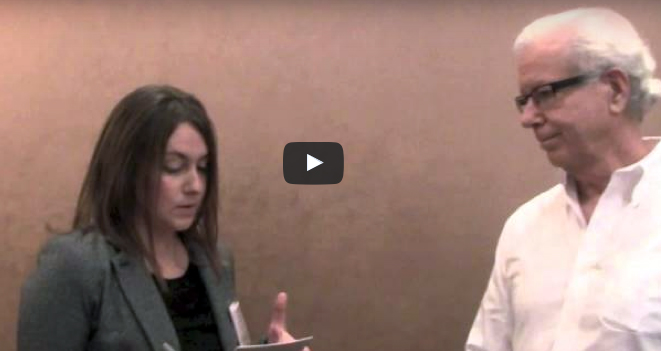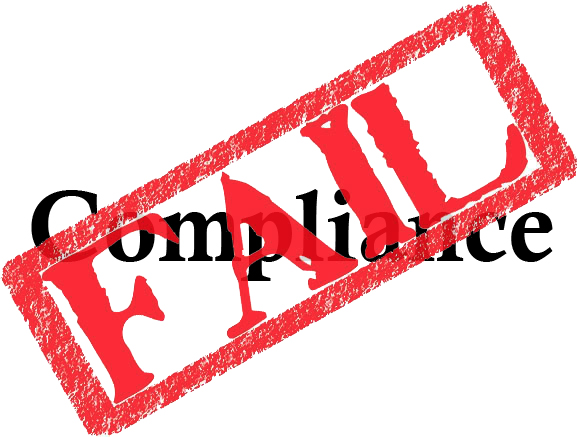COVID-19 has put a spotlight on the importance of proper handwashing and overall hygiene. In addition to focusing on worker and operational safety, it has also pushed food manufacturers and processors to pay more attention to the location of high-touch areas and how they should be cleaned, sanitized, disinfected and sterilized. During last week’s Food Safety Consortium episode on sanitation, there was discussion about the need to have the right sanitation plan and properly trained people in place. “When it comes to food safety, who are the most important people in the plant? It’s the sanitation crew and employees. They are on the frontlines, ” said Shawn Stevens, founder of Food Industry Counsel, LLC. “If they don’t do their job or are not given the tools to do their jobs, that’s where the failures occur. We need to empower them. We have to invest in sanitation and not be complacent.”
Investing in a sanitation plan is where it all begins, said Elise Forward, president of Forward Food Solutions. Within the plan, companies need to include items such as PPE and sanitation equipment, along with what resources will be needed and what chemicals will be required. “What would it look like in our manufacturing facilities if we had a plan for the pandemic?” asked Forward. “There was so much scrambling: ‘How do we do this and what do we do’. We need to plan for these events.” Forward, along with David Shelep, microbiologist and consultant for Paramount Sciences and Bill Leverich, president of Microbiologics, Inc., offered a strong overview of the right components of a sanitation plan and the common products and technologies used in the process (quaternary ammoniums, sodium hypochlorite, ethyl alcohol, peracetic acid, hydrogen peroxide, and chlorine dioxide). They also provided insight on some of the products and technologies that are being explored in the face of COVID-19—UV-C and hypochlorous acid, which has applications in cleaning biofilms, hand sanitizing, fogging, and surface application (i.e., electrostatic spraying, mopping).
“Cleaning and sanitizing is setting up your production team(s) for success.” – Elise Forward, Forward Food Solutions
View the list of EPA-registered COVID-19 disinfectants.
Beyond sanitation methods, companies need to invest in employee training and be committed to their safety. This means giving employees sick days and not incentivizing them to come to work when they are sick.
Rob Mommsen, senior director, global quality assurance and food safety for Sabra Dipping Company, shared a candid perspective on how Sabra developed an effective and validated Listeria environmental monitoring program (LEMP) following an FDA inspection that led to a swab-a-thon, findings of resident Listeria in the plant, and a huge product recall as a result of the Listeria contamination in the plant (Mommsen stated that Listeria was never found in product samples). “We had to severely alter the way we cleaned our plant,” he said. And the company did, with a number of changes that included taking the plant apart and cleaning it; removing all high pressure water nozzles; changing areas in the plant from low care to high care; keeping movable equipment to certain areas in the plant; changing employee and equipment traffic patterns; and retraining staff on GMPs. The company also changed its microbiological strategy, conducting daily swabbing in certain zones, increasing testing on samples, and implementing a weekly environmental meeting that was attended by senior and department managers. “Fast forward” to 2019: FDA conducted an unannounced audit and noted that Sabra’s environmental monitoring program was one of the best they’ve seen and that the company’s culture was clearly driven by food safety, according to Mommsen.
Fast forward again to 2020 and the pandemic: With work-from-home orders in place and other frontline workers staying home for various reasons, the company saw a change GMP adherence, employee training and the frequency of environmental monitoring, said Mommsen. So Sabra had some work to do once again to re-right the ship, and Mommsen presented it as a lessons learned for folks in the food industry: In addition to employee safety, food safety must be the number one priority, and having the support of senior management is critical; the turnaround time for environmental swabs is also critical and an effective LEMP should consist of both conventional testing as well as rapid detection technology; and an environmental monitoring program requires persistence—it is not self sustaining and there are no shortcuts.
The watch the presentations discussed in this article, register for the 2020 Food Safety Consortium Virtual Conference Series, and view the session on demand.










